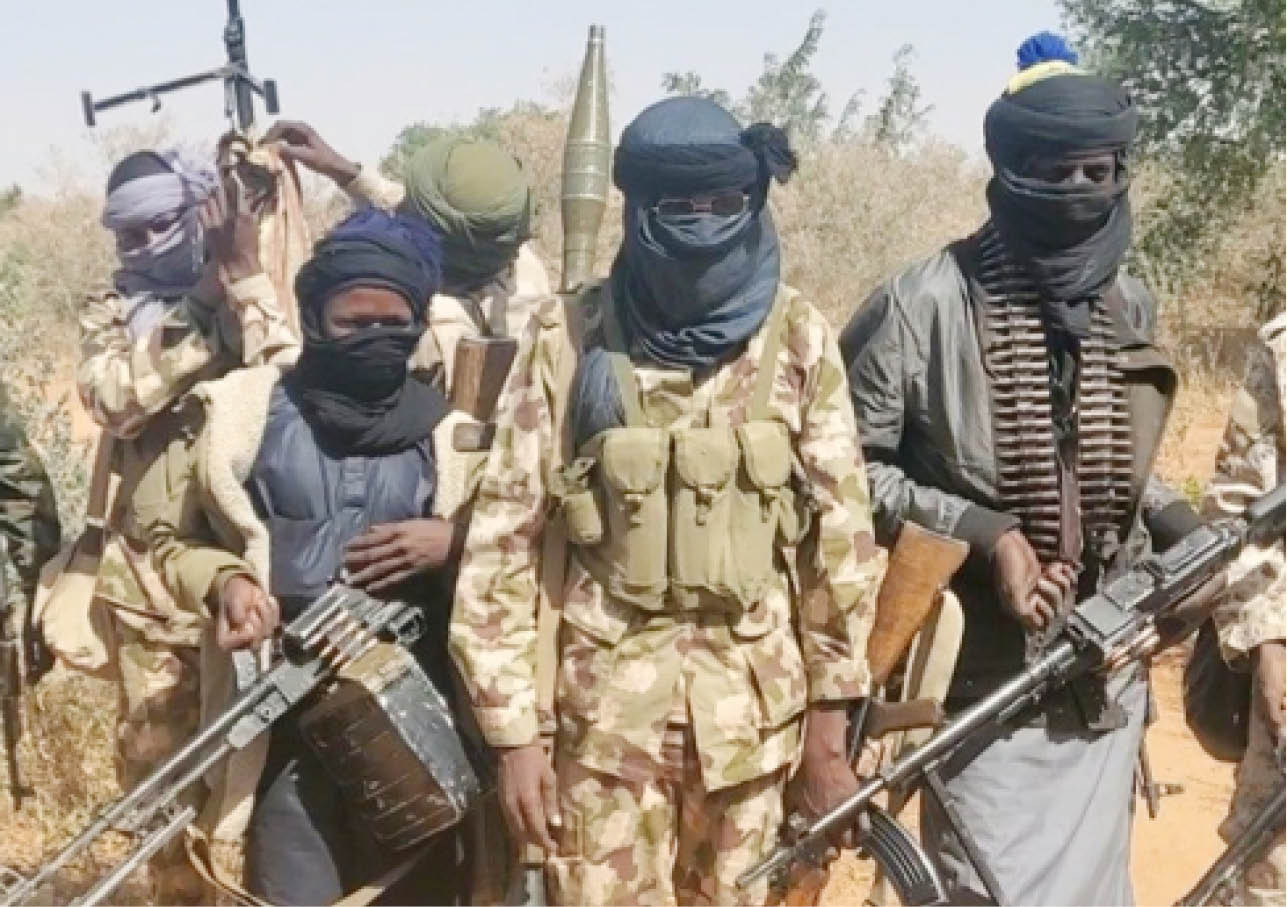Sokoto State, Nigeria – April 8, 2025- In a decisive move, Nigerian troops repelled a bandit assault on Sokoto’s Sutti Village and Sutti Kwarakka Ward.
Operation FANSAN YANMA forces countered the late-night raid, preventing further chaos in Tangaza Local Government Area.
The attack unfolded around 11:30 p.m. on April 7, as roughly 40 armed militants stormed the communities on motorcycles.
Armed with rifles, they fired indiscriminately, terrorizing residents and destabilizing the area.
However, troops swiftly intercepted the assailants, engaging them in a fierce gun battle. Outmatched, the bandits retreated into nearby forests, sparing the villages prolonged devastation. No military casualties were recorded during the clash.
Tragically, two villagers sustained gunshot wounds amid the violence. One victim suffered a right-hand injury, while another was struck in the left leg. Both received urgent care at General Hospital and remain in stable condition.
Security analyst Zagazola Makama lauded the troops’ rapid response on social media. He emphasized their role in shielding vulnerable populations and curbing banditry through proactive strategies.
Tangaza, a region long plagued by banditry, faces recurring threats due to its remote terrain. Criminal groups exploit this isolation, targeting villages and travelers to instill fear and disrupt livelihoods.
Monday’s assault underscores Sokoto state’s fragile security landscape, mirroring broader instability across northwestern Nigeria. Communities grapple with frequent raids, displacement, and economic paralysis fueled by unchecked violence.
Following the attack, authorities vowed to escalate counter-banditry operations and dismantle militant networks.
Officials urged residents to report suspicious activities, stressing collaboration as key to restoring peace.
Meanwhile, survivors recounted harrowing escapes, describing how gunfire shattered the night’s calm.
Locals praised the army’s valor but pleaded for sustained protection to rebuild their lives.
As Nigeria battles insurgency, this incident reflects both military resilience and systemic vulnerabilities. Experts argue for holistic solutions—addressing poverty, unemployment, and governance gaps—to uproot the causes of violence.
For now, Sutti’s residents cling to hope, their resilience tested yet unbroken.
The army’s success offers a fleeting reprieve, but lasting peace demands more than battlefield victories.







